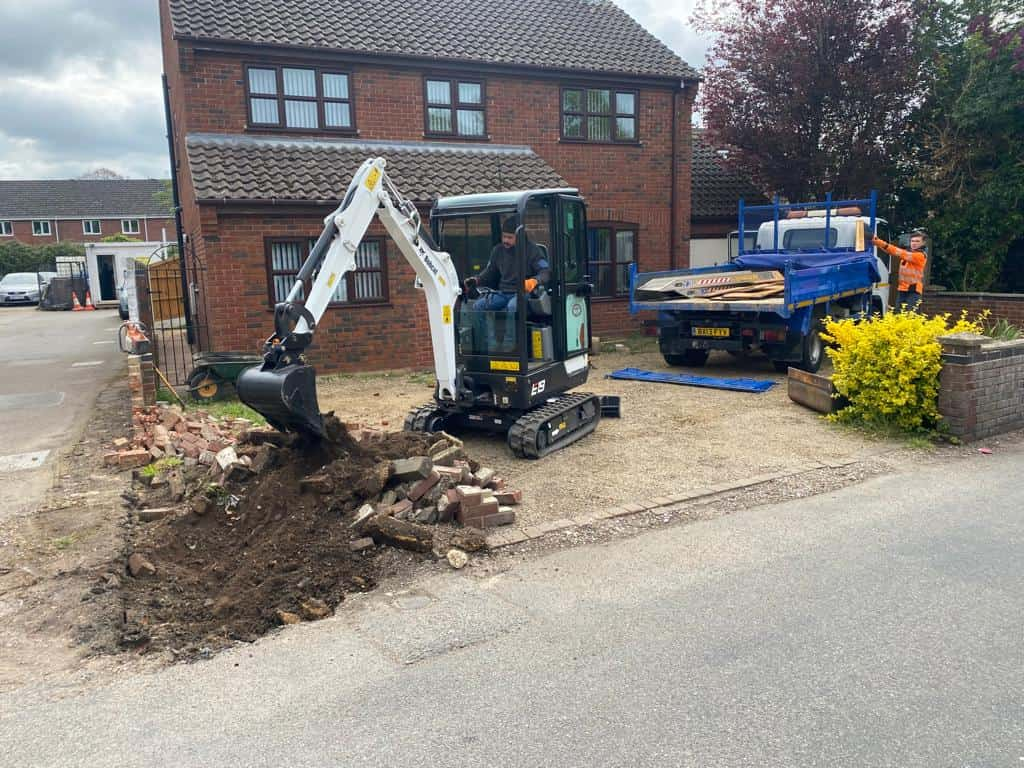Tarmac Farm Roads: A Necessity or a Luxury?
Introduction: In agricultural infrastructure, whether tarmac farm roads are a necessity or a luxury is debated among farmers and landowners. While some argue that tarmac roads are essential for efficient farm operations, others view them as an unnecessary expense that can be replaced with alternative road surfaces. In this article, we’ll explore both sides of the argument and examine the factors influencing the decision to invest in tarmac farm roads.
The Case for Necessity:
Enhanced Accessibility:
- Tarmac farm roads provide reliable access to different farm areas, allowing for the efficient movement of machinery, personnel, and inputs. Improved accessibility enables farmers to maximise productivity, minimise transit times, and optimise resource utilisation across the farm.
Increased Efficiency:
- Well-constructed tarmac roads streamline farm operations, reducing delays and bottlenecks associated with unpaved or poorly maintained roads. Enhanced efficiency yields higher yields, lower operating costs, and increased farmer profitability.
Improved Safety:
- Tarmac farm roads enhance safety for farm workers, equipment operators, and visitors by providing stable surfaces, clear markings, and adequate visibility. Investing in tarmac roads reduces the risk of accidents, injuries, and liability associated with poorly maintained or hazardous road conditions.
Long-Term Sustainability:
- While the initial cost of tarmac road construction may be higher than alternative road surfaces, the long-term benefits of durability, longevity, and minimal maintenance outweigh the upfront investment. Tarmac roads offer a sustainable solution that ensures reliable access and functionality for years.
The Case for Luxury:
Cost Considerations:
- For some farmers, the cost of tarmac road construction may be prohibitive, especially for smaller operations with limited budgets. Alternative road surfaces, such as gravel or compacted earth, offer a more affordable option for providing basic access across the farm.
Environmental Impact:
- Tarmac road construction has environmental implications, including using non-renewable resources, energy-intensive production processes, and potential habitat disturbance. Some farmers may opt for environmentally friendly road surfaces that minimise ecological impact and promote sustainability.
Regional Considerations:
- In certain regions with favourable soil conditions, gentle terrain, or low traffic volumes, tarmac farm roads may be perceived as a luxury rather than a necessity. Farmers may prioritise investments in other areas of the farm or opt for alternative road surfaces that better suit their specific needs and circumstances.
Conclusion: Ultimately, whether tarmac farm roads are considered a necessity or a luxury depends on various factors, including farm size, budget constraints, operational requirements, and environmental considerations. While tarmac roads offer undeniable benefits regarding accessibility, efficiency, safety, and long-term sustainability, they may not be feasible or practical for every farm. It’s essential for farmers to carefully weigh the costs and benefits of tarmac road construction and choose the option that best aligns with their goals, priorities, and resources. Whether viewed as a necessity or a luxury, investing in road infrastructure is a strategic decision that can significantly impact the success and sustainability of agricultural operations.
Call us on: 01634 564 190
Click here to find out more about Gillingham Driveways
Click here to complete our contact form and see how we can help with your driveway needs.

